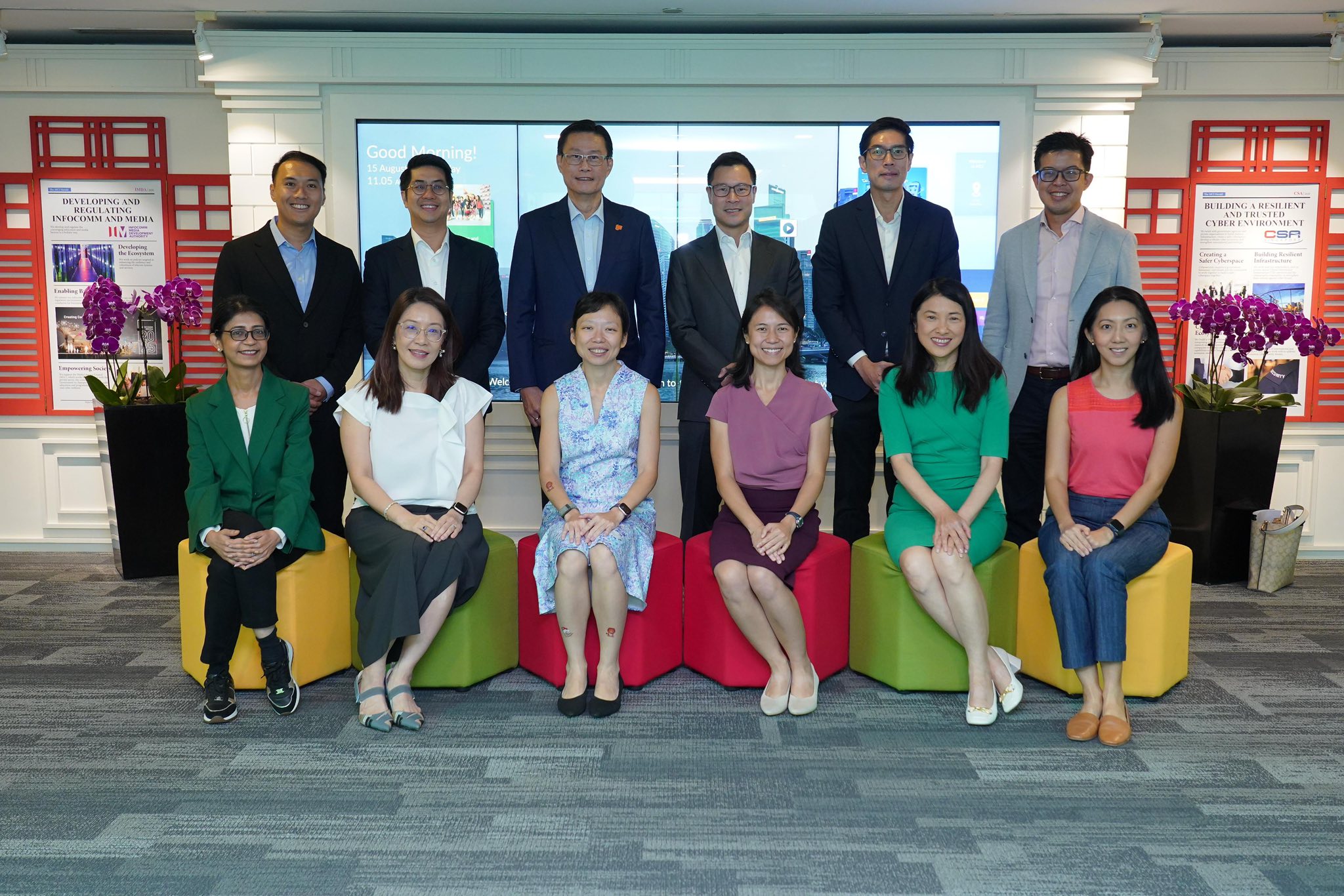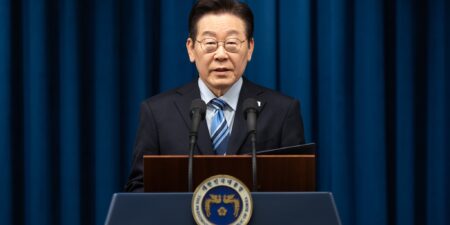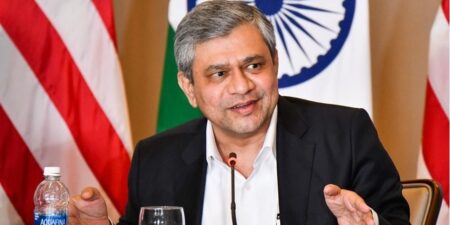
Singapore’s AI Moment: Can It Translate Governance Ambitions Into Sustained Growth?

Insights & News


Singapore’s AI Moment: Can It Translate Governance Ambitions Into Sustained Growth?
BGA Singapore Managing Director Nydia Ngiow, Director for Technology Heidi Mah and Analyst Vanessa Kang …

Fact Sheet Confirms Major Tariff Relief and Investment Structure in Korea Deal
The BGA Korea team, led by Managing Director B.J. Kim, wrote an update to clients …

India’s Digital Personal Data Protection Rules: What Every Business Needs To Know
The BGA India team, led by Managing Director Anuj Gupta, wrote an update to clients …
At BowerGroupAsia, we are committed to
delivering result-oriented solutions for our clients
We have proven track record of helping the world’s top companies seize opportunities and manage challenges across the dynamic Indo-Pacific region.
















